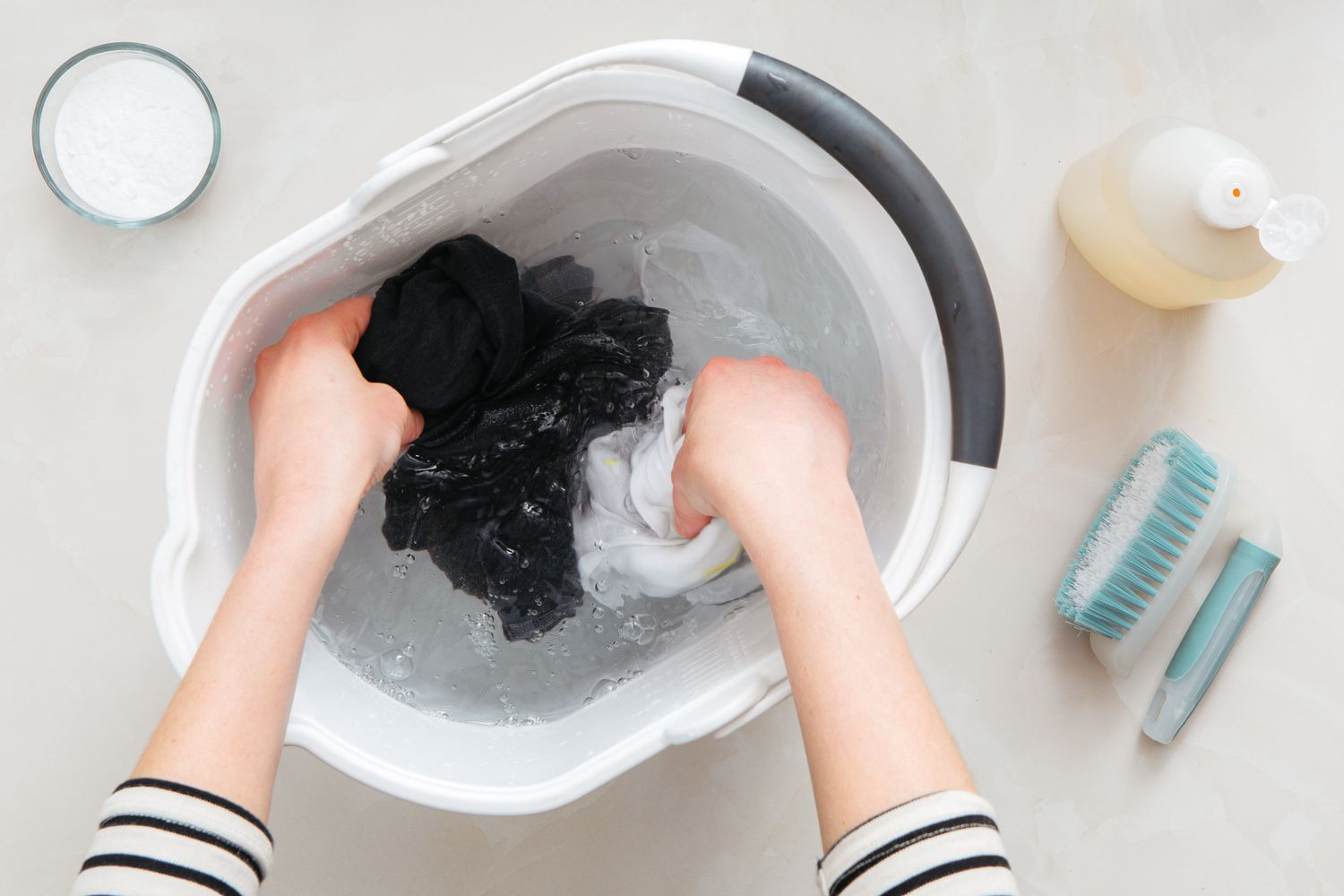Zote soap is a popular laundry soap known for its effectiveness in removing tough stains and odors. However, when it comes to delicate fabrics, such as silk, lace, or wool, special care must be taken to avoid damaging them in the process. In this essay, we will discuss the proper techniques and precautions to safely use Zote soap on delicate fabrics, ensuring their longevity and maintaining their quality.
How to Identify Delicate Fabrics
Understanding delicate materials is essential to maintaining their integrity because not all fabrics are equal. Silk, cashmere, wool, lace, and satin are delicate fabrics. These fabrics are renowned for their complex weaves and opulent textures. Check the care label as a general rule of thumb; if it says “dry clean only” or “hand wash,” you’re probably dealing with a delicate fabric.
Preparing the Fabric
- Spot test: Before using Zote soap on delicate fabrics, perform a spot test on a small, inconspicuous area to ensure it does not cause any adverse effects. Apply a small amount of diluted soap solution, gently rub it, and check for any color bleeding, fading, or shrinkage.
- Pretreat stains: For stained areas, gently blot the stain with a clean cloth or paper towel to remove any excess. Avoid rubbing or scrubbing vigorously, as it can damage the fabric. Apply a small amount of Zote soap directly to the stained area and let it sit for a few minutes before washing.
Handwashing Method
- Fill a basin or sink with lukewarm water.
- Gently submerge the delicate fabric into the water, avoiding any agitating or twisting motions.
- Create a soapy solution by grating a small amount of Zote soap and dissolving it in warm water. Ensure the soap is well-dissolved to prevent any soap residue on the fabric.
- Soak the fabric in the soapy solution for a few minutes, allowing the soap to penetrate and loosen dirt and stains.
- Gently agitate the fabric by swirling it around in the water, ensuring a mild approach to avoid causing any damage.
- Rinse the fabric thoroughly in cool water until all soap residue is removed. Repeat this step if necessary.
- Press, do not wring, the fabric to remove excess water. Avoid twisting or pulling the fabric, as it can stretch or distort the delicate fibers.
- Lay the fabric flat on a clean towel and gently roll it up to absorb remaining moisture. Repeat this process with a dry towel if needed.
- Reshape the fabric if necessary and lay it flat or hang it to air dry, away from direct sunlight or heat sources.
Machine Washing
- Select a gentle cycle: If the fabric’s care label permits machine washing, choose the delicate or handwash cycle on your washing machine.
- Use a laundry bag: Place the delicate fabric inside a mesh laundry bag to protect it from any potential friction or snagging during the wash cycle.
- Add Zote soap: Grate a small amount of Zote soap and add it to the detergent dispenser or directly into the machine. Avoid using excessive soap, as it can be difficult to rinse out completely.
- Wash with similar fabrics: Group delicate fabrics together to prevent damage caused by other heavier or rougher fabrics.
- Skip the spin cycle: After the wash cycle, manually skip or set a low spin speed to avoid excessive stretching or distortion of the delicate fabric.
- Follow the rinsing and drying steps mentioned in the handwashing method (Section III) to complete the process.
General Tips and Precautions
- Avoid harsh detergents: Zote soap is a gentle option for delicate fabrics, but it is essential to avoid using other harsh detergents or fabric softeners that can damage the fabric.
- Handle with care: Delicate fabrics are sensitive to friction, stretching, or snagging. Handle them delicately during washing, rinsing, and drying processes.
- Store properly: After washing, fold or hang delicate fabrics in a cool, dry place to prevent wrinkling or creasing.
- Seek professional help: If you are unsure about cleaning delicate fabrics yourself, consider seeking professional dry cleaning services for more specialized care.
How Often Should You Wash Your Delicate Clothing?
Delicate clothes don’t need to be washed as often as everyday clothes. In fact, frequent cleaning may accelerate wear and tear. Wash delicate garments after a few wears unless they are visibly dirty. Use a clothes brush to remove surface dust and debris instead of washing regularly. When it comes time to wash them, it is recommended to entrust your delicate items to a reputable laundry service company.
Final Thoughts
Using Zote soap on delicate fabrics requires patience and attention to detail. By following the proper techniques and precautions presented in this essay, you can maintain the integrity of delicate fabrics while effectively removing stains and odors. Remember to always check fabric care labels and perform spot tests to ensure the best results and avoid any unwanted damage.


